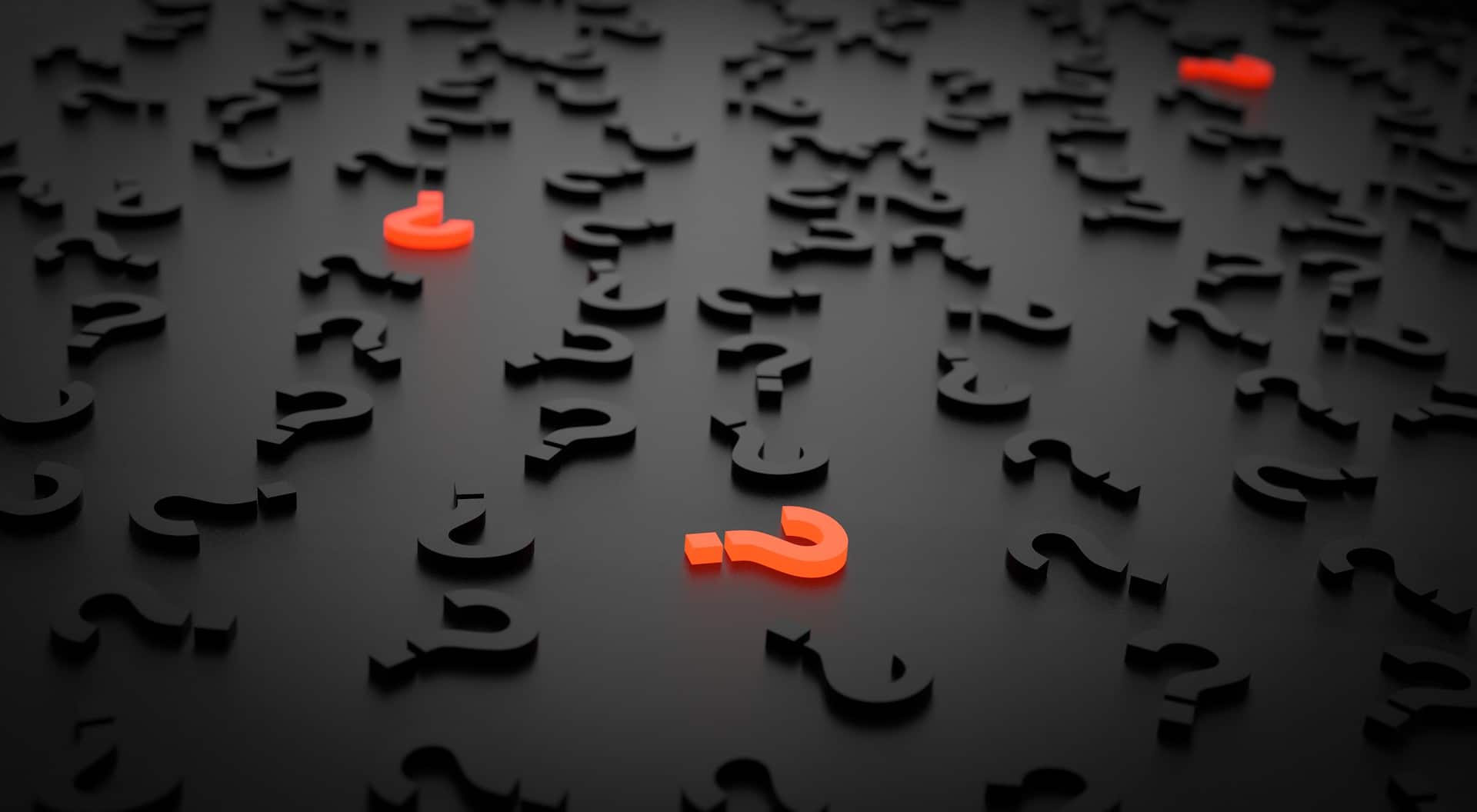I clearly remember my maths class, as a kid. My teacher would come one fine morning and ask us- “so students, what is 5 x 2?”. After a pause of about two seconds, we all would yell in unison- “taaann (10)!” She would then say- “vaaarry goood”. Little surprise, in the exam we would face similar questions, stressing on our memories. For that matter, no one likes surprises.
I was wondering, had our teacher been slightly creative, and instead of asking- what is 5 x 2?, had she asked us – “students how many ways can I get to 10 using any two numbers?” How many answers now would there have been! 5×2, 2×5, 5+5, 10×1…… and the list goes on. Practically, we are staring at an infinite number of possibilities. Unlike earlier, this time my teacher would be impressing on my imagination rather than my memory, let alone my knowledge of Maths.
Going back to what The Time’s Person for the Century – Albert Einstein once quipped – “Imagination is more important than knowledge. For knowledge is limited, whereas imagination embraces the entire world, stimulating progress, giving birth to evolution”.
How important are answers anyway in the Google economy? You type any gibberish on Google and it spits out zillions of search results in one-hundredth of a second. What you type is more important, even if you have a spelling miskate (pun intended), or you are too lazy to type the whole sent…..
Going back to school days, we regularly had those General Knowledge exams, most famous of them being the ones hosted by UN. We all used to spend countless hours (least of it me) on memorizing the longest river, the tallest mountain, country currencies and national flags, to then be quizzed. How meaningful are those information bites today? Apart from showing off the working of one’s child’s left-brain, such a trick has lost its meaning.
Thanks to Google and the advent of Artificial Intelligence, the premium on memorising is almost lost. I see several people resorting to Google Maps to locate their kitchens from their living rooms! So much for how technology has augmented our lives (not always for betterment though).
What does it mean for teachers and parents?
We have all taken pride in knowing, answering correctly and moving up the proverbial value chain like clockwork. We now need to graduate from a time-teller to a clock-maker, in other words, from the one who answers to one who asks relevant questions. If I were to substitute answers with ‘knowing it all’ to questions with ‘learning it all’, we would be far better placed.
For parents, the two cents would be – develop your curiosity, to begin with, and encourage your kid to ask questions– don’t worry if you don’t know most of the answers (Google is there).
For teachers, stop impressing on memory, and let us look at building boundless curiosity.
Borrowing from the famous MasterCard slogan, must I say, “Google can give you all the answers, for everything else, there is a teacher!”
Dr. Pavan Soni
Latest posts by Dr. Pavan Soni (see all)
- Are you asking the right questions? - 21 September 2018
- What learning Maths taught me - 10 August 2018


Wonderful insight to parents and teachers
Very true. Though Google can give you “most” of the answers, it can’t replace the experience part which a teacher can provide. Evoking life long curiosity is another thing teacher do and they do is way better than any digital medium.
Very true… we need to encourage k8ds to ask questions rather than teaching them in the one dimensional way..